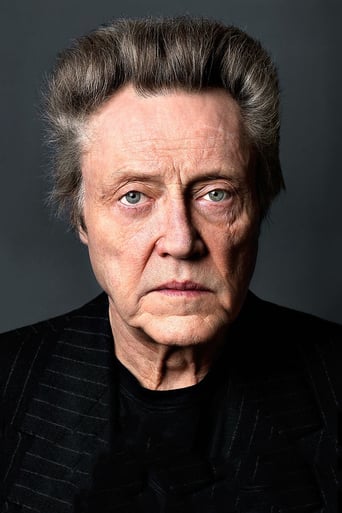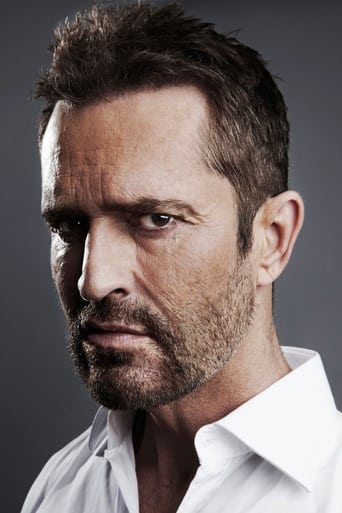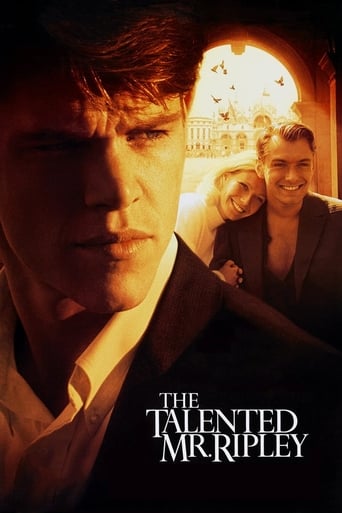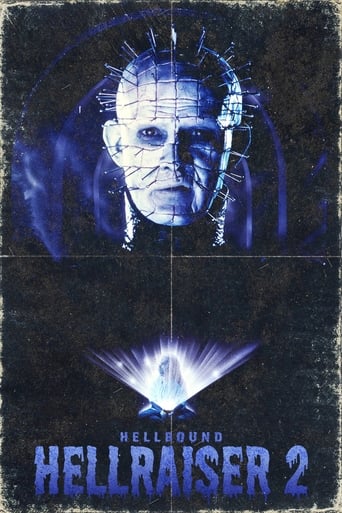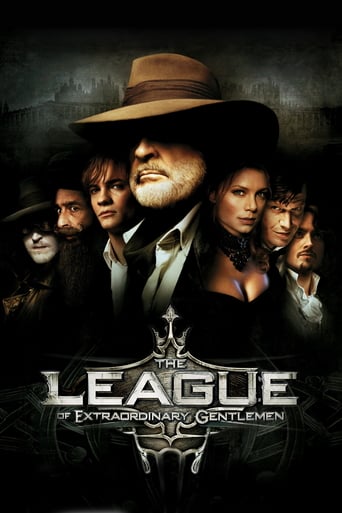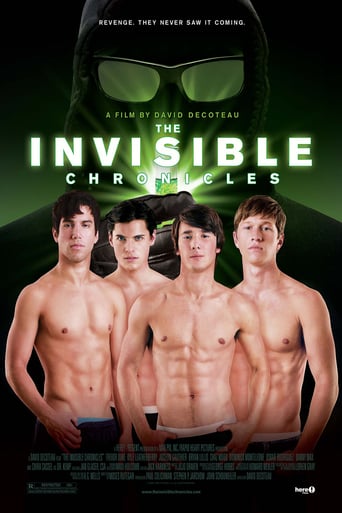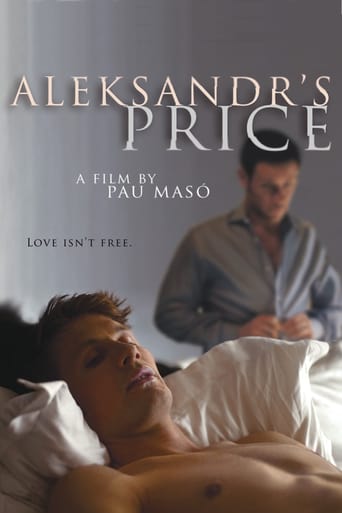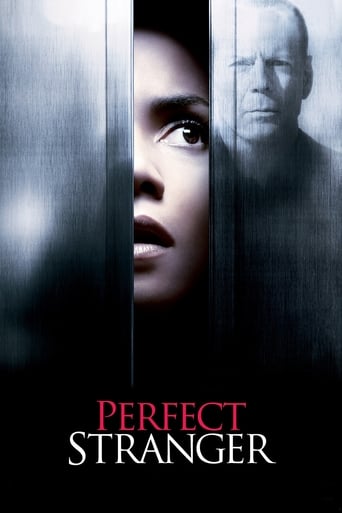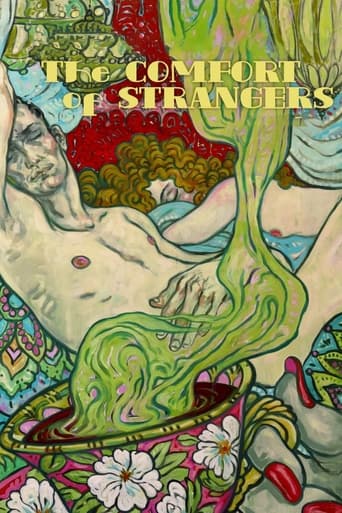
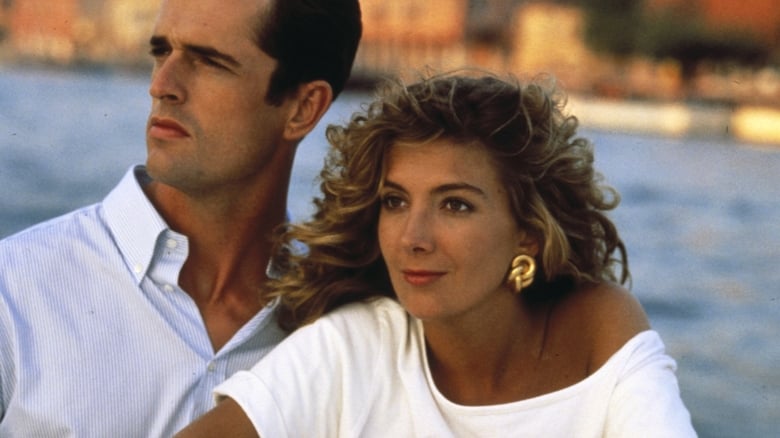
The Comfort of Strangers (1991)
An Italian diplomat's son follows and seduces English lovers in Venice.
Watch Trailer
Cast
Similar titles
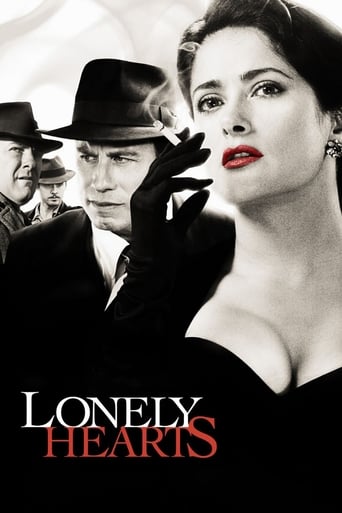
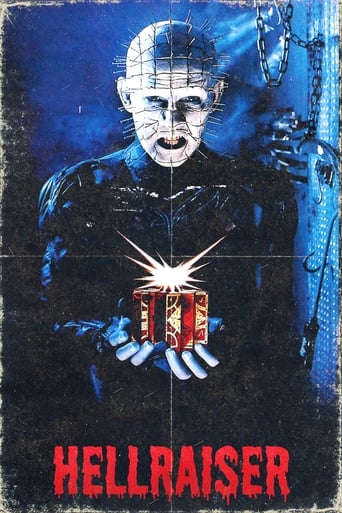
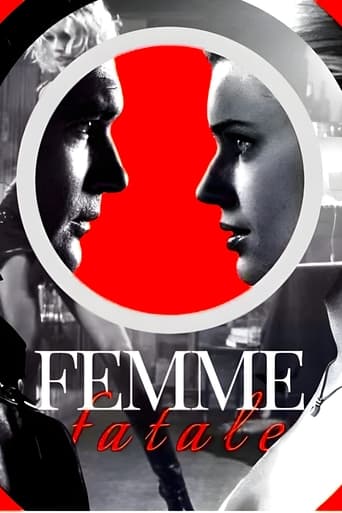
Reviews
It's entirely possible that sending the audience out feeling lousy was intentional
Each character in this movie — down to the smallest one — is an individual rather than a type, prone to spontaneous changes of mood and sometimes amusing outbursts of pettiness or ill humor.
A terrific literary drama and character piece that shows how the process of creating art can be seen differently by those doing it and those looking at it from the outside.
An old-fashioned movie made with new-fashioned finesse.
Absolute rubbish. I expected so much more from Mirren & Walken. It ambled along without purpose or coherent plot. Wasted 2hrs of the lives of my wife & I.
Ever wonder what it would be like to experience Paul Schrader's most famous creation, Travis Bickle, from the outside, only from the perspective of others just as unhappy and almost as weird, albeit more passably 'normal'? Look no further. Penned by the truly impressive one-two punch of Atonement's Ian McEwan (novel) and Harold Pinter (screenplay), The Comfort of Strangers is a haunting, eerie tale of lurid sexuality and obsession, the fallout of familial trauma, and the noxiously addictive nature thereof to bystanders who may not be as innocent as they seem. It's not always an easy watch (no straightforward romance involving Christopher Walken is likely to be). It's liable to leave a thoroughly unpleasant taste in the viewer's mouth, both from its sordid tale of broken humans, and the inconclusive ambiguities therein. But, like many of its thematic and spiritual filmic siblings (Don't Look Now; Last Tango in Paris), which, admittably, the film falls just short of matching up to, there's gruesome beauty to be seen therein, making it a dark but deceptively compelling watch. Any audiences familiar with Pinter's writing will recognize how much he treats words as placeholder artifice, with the deeper truth lying behind non-sequiturs, and, especially, what lies unsaid. He excels at doing so here. For a film that, plot- wise, reads as three successive dinner conversations, dialogue is characteristically sparse, and generally more obfuscating than illuminating. Take Walken's recurring monologue: "My father was a very big man. And he wore a black moustache. When he grew older and it grew grey, he coloured it with a pencil. The kind women use. Mascara." Initially, it's used as a non-sequitur, or social stalling, but every time it's reiterated, each individual word is shown to be essentially deliberate, and tiny, nearly imperceptible character beats (monolithic but paradoxical patriarchy, homophobia, and latent, insecure violence) are unspooled, as if picking at a thread to the point of gradually unravelling a sweater. It's a slow-burning story, and one that certain viewers not as active in inferring subtle character motivations might grow weary of. Regardless, Schrader crafts an atmosphere of supreme decadence and unease, with Dante Spinotti's cameras creeping through the smoky opulence of Venice's back alleys and canals like Nosferatu preparing to pounce on an unsuspecting victim. You almost wish Schrader had pushed things to an even more memorably expressionistic and transcendental level (as someone like Scorsese or Milos Forman might have), but Angelo Badalamenti's exceptional musical score works wonders in sounding classically elegant, yet just subtly discordant enough to make the hairs on the back of the viewer's neck stand up. There's a perennial feeling throughout of a painstakingly laid out trap preparing to be sprung, and the waiting, no matter how much Baroque sightseeing there is to be done, is increasingly agonizing. The central quartet of cast are the binding agent which consolidate all the film's stylistic flourishes into a monstrous symphony, all perfectly in synch with the film's tone and unconventional emotional arc. Natasha Richardson and Rupert Everett are both spectacular as the young English couple travelling (or returning, as we're continually reminded) to Venice to rekindle their passion and contemplate marriage. Both deftly convey the nuances of ennui without overplaying, and, in their mutual, unexpected surge of passion, let slip essential details of far more detailed and grim characters beneath their beautifully disinterested exteriors. Still, the juiciest roles are bequeathed to Christopher Walken and Helen Mirren, and the two live up to the challenge - both are superbly charismatic and unnerving, as well as essentially human, rather than caving to the temptation to inflate their roles into Hannibal Lector human cartoons. Walken's fusion of silky, debonair, laconic charm and demented, inhuman underbelly has never been put to such good use, his every line a purr of concealed lust or threat, while Mirren, pristinely teasing ambiguous notes of either primal fear or psychotic madness beneath her tightly wound housewife exterior, manages to make an equally grating impact with less screen time. There's a theatrical quality to the airtight chemistry the four share, and even as the material fails to come to a climax that properly satisfies after the operatic buildup, they're so riveting you'll be too distracted to sweat the semantics. A somewhat forgotten gem of skin-crawling European lust, The Comfort of Strangers may not quite stretch to the level of timeless classic, but it lingers on the viewer for days afterwards, like a sticky, shameful hangover. Whether to drink in the sumptuous Venetian scenery or the immaculate performances, Schrader and Pinter's Gothic, fatalistic romance is worth taking in on a muggy, cloudy summer night. As Richardson and Everett are sucked in by Walken and Mirren, like spiders jovially binding guests in their web, taking in The Comfort of Strangers can only end in discomfort, but the proceedings are too sickeningly infatuating to escape. -8.5/10
This movie is a very good example of Walken at his most vampiric, it is titled The Comfort Of Strangers and it is based on a short novel by Ian McEwan. Paul Schrader is the director of this movie, he also directed one of my favorite movies the 1982 remake of Cat People.You know that classic fairy tale about the two human children who were orphans and went off into the woods only to be lured to a candy house by a witch who fattened them up? Well this movie is what you might call a modern version of that story.Our two leads are a British couple played by Rupert Everett - (who you might know as Dr Claw in the live action Inspector Gadget movie and the voice of Prince Charming in the Shrek franchise) and the late Natasha Richardson.Both of them are vacationing in the lovely town of Venice, it is explained that the two of them want to revitalize their relationship, when going through town one night they lose their way and wind up at a restaurant and that is when they encounter the owner Robert (Walken).They are taken to the house of Robert and his wife Caroline (Helen Mirren) and they stay there for the night - but what they don't know is that both of them have really dark and horrible secrets and aren't what they seem.Robert seems to be obsessed with his past among other things..and is quite mentally unhealthy despite being quite a seemingly nice person, he also is a bit suspect over the power females have over males.The British couple are repulsed and attracted to them at the same time, as time goes by Robert draws them in more and more into his influence. It seems that the couple are unable to escape him and his wife...as he continues to draw them in. As a side note Walken gained 20lbs for his role as Robert - and this is the only time you'll see Walken with a slightly hefty body type. The director wanted to have Walken in the shadows to make him look more evil but in Walken's own words: "I don't need to be made to look evil...I can do that on my own."
Yesterday (why?) The Comfort of Strangers seen again. A remarkable film , but not a good one. A couple on holiday in Venice to perpetuate their relationship met a brutal man and his enigmatic wife . Rupert Everett is the husband of the couple who made more like his looks rather than his wife and certainly less put on her children . Natasha Richardson - his wife - doing a half-hearted attempt to deepen the relationship. There is no connection and no sex. Until they meet the character of Christopher Walken. Repel them are intrusive behavior and attracts them. Walken is the key to new passion ?The powerful memory I had of the film was in a scene where Walken gives Everett unprovoked a hard punch in the stomach. Everett responding (also) this lethargic . Walken gives him a wink after the stump. This scene is still the best of the film. Walken acts pleasant unfathomable. His expression is attractive false. Walken carries the film to pose. His character - despite bizarre stories about his past - is superficial . The rest of the cast ( Helen Mirren is Walkens woman ) seems to do exactly what the script is . No subtle additions in the game.Director Paul Schrader will have stood for. Schrader at the top of his fame during production was/is known for its powerplay. It has earned him eternal fame as a writer of the scrips Taxi Driver and Raging Bull. In The Comfort of Strangers, he 's tight rein. So tight that even particularly Everett Richardson and insecure on the set seem to be . "So, and not otherwise ," will have Schrader called . It provides for stiff game in a story of the subtleties must have correct.The result is that the crises of the couple does not last and that you wait until Walken again comes into picture. Stock photography Dante Spinotti is beautiful and the pleasant retro look back. The score of Angelo Badalamenti 's trying the audience's attention to keep. It does not help. The Comfort of Strangers in the year 2013 is just a nostalgic experience.Jac. de Wit, [email protected]
